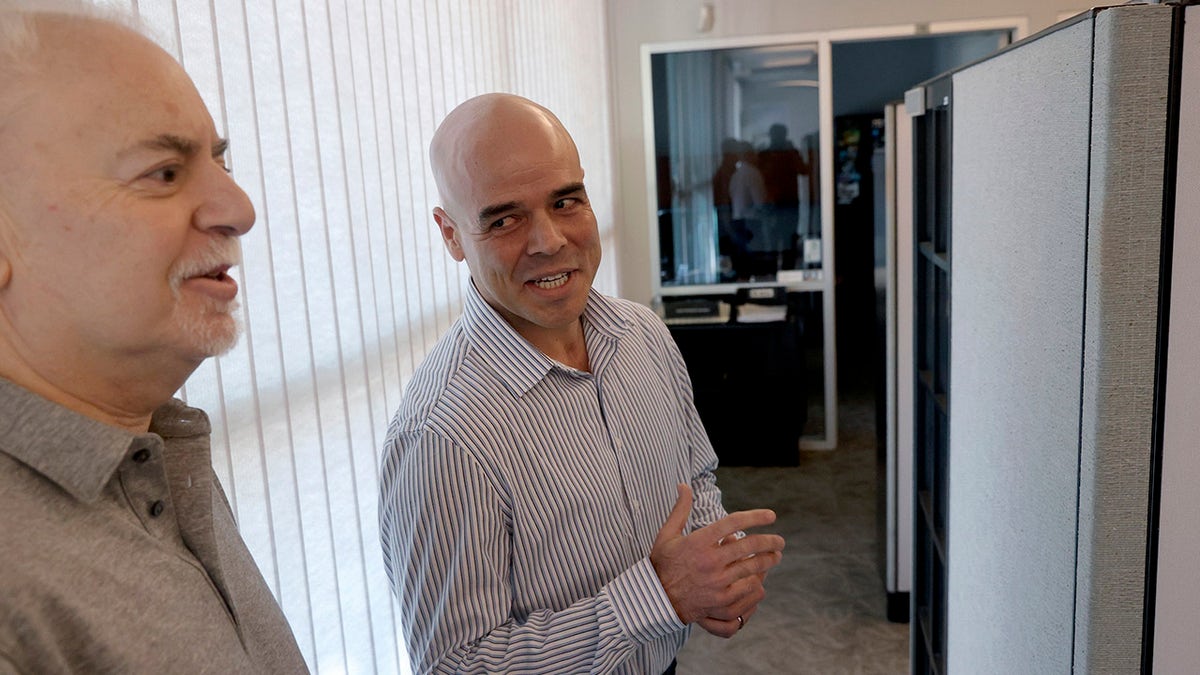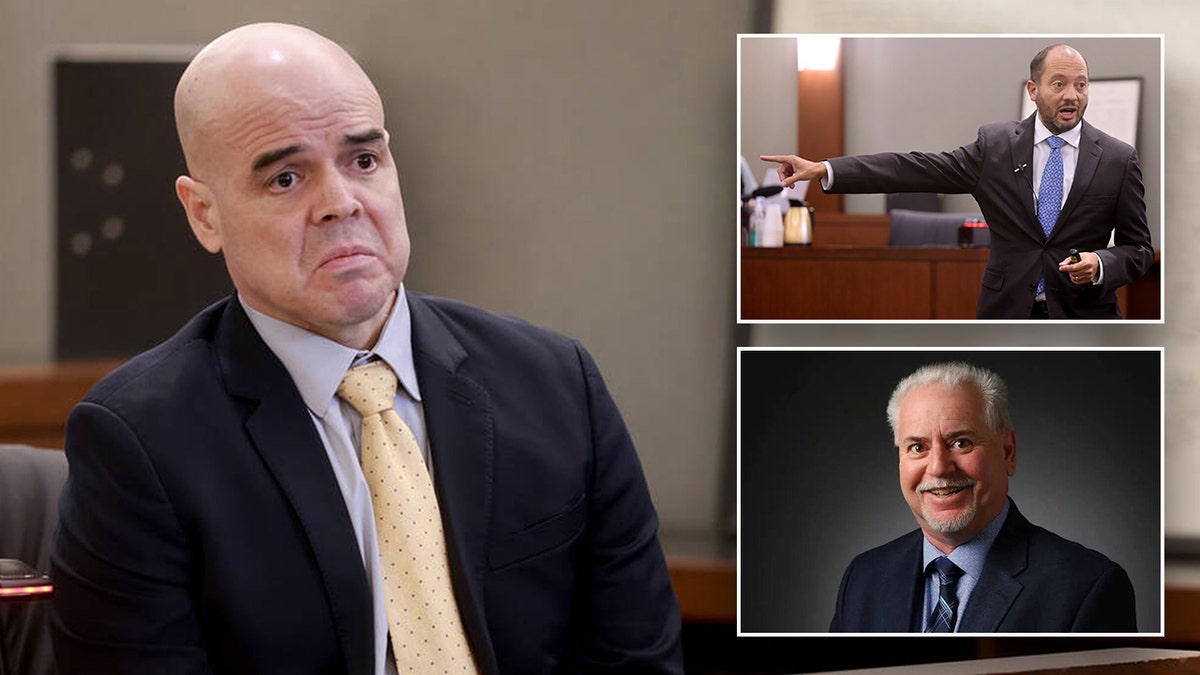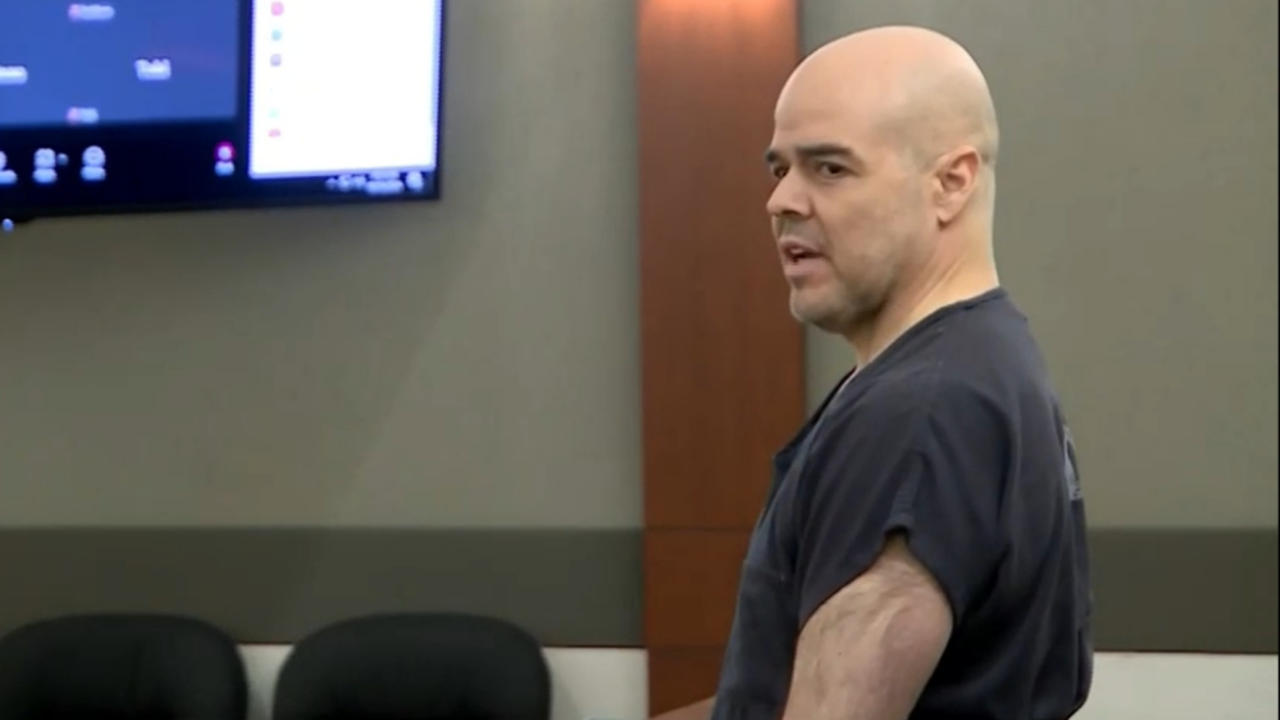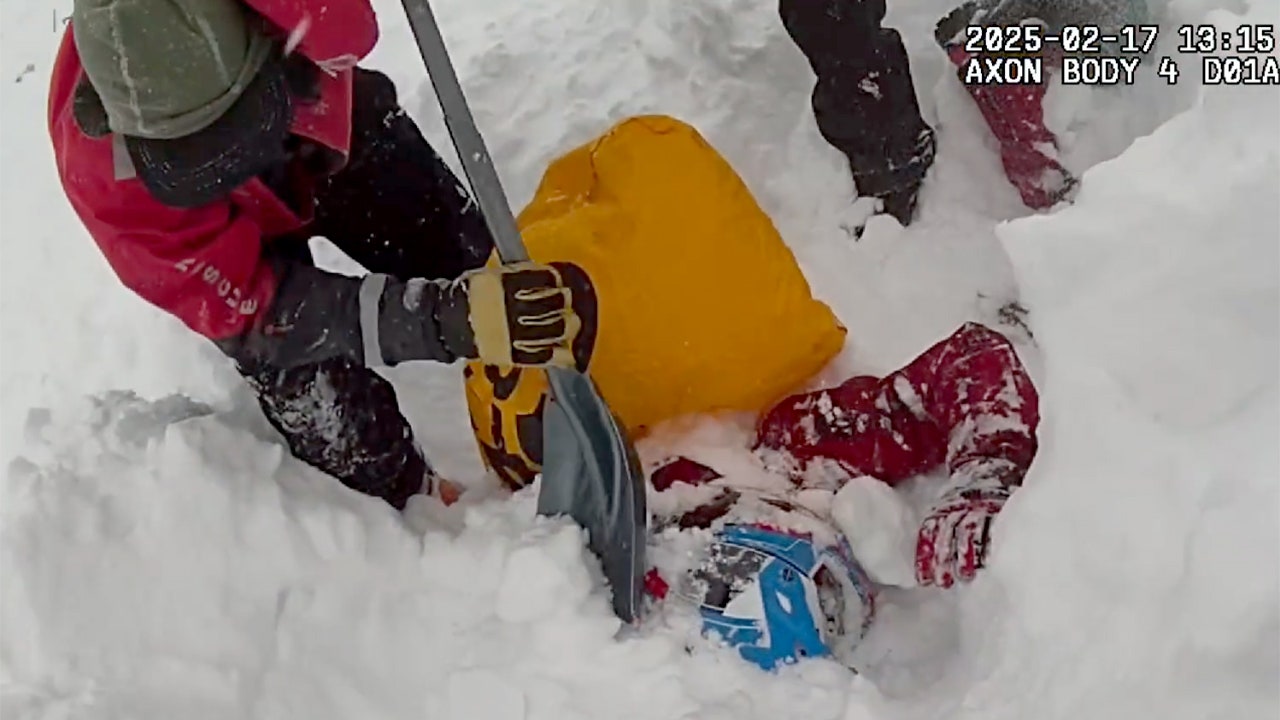Former Vegas Democrat Politician Sentenced in Journalist’s Murder Case
A former Las Vegas-area Democratic politician convicted of killing an investigative journalist who had written critical stories about him was told by a judge Wednesday that he must spend at least 28 years behind bars before he is eligible for parole.
The judge invoked sentencing enhancements to add eight years to the minimum 20 years to life sentence that a jury set in August after finding Robert Telles guilty of killing Las Vegas Review-Journal reporter Jeff German outside German’s home during Labor Day weekend in 2022.
The Life and Legacy of Jeff German
At the age of 69, German had dedicated 44 years to uncovering crime, corruption, and the intricacies of the justice system in Las Vegas. His lifelong commitment to journalism earned him respect in the community. Ironically, at the time of his tragic end, Telles, who was 47, had been overseeing a Clark County office responsible for managing unclaimed estates and probate properties—an office plagued by turmoil highlighted in German’s investigative reports.
Family’s Grief and Concerns
Jay German, the brother of Jeff, appeared visibly shaken as he shared the profound loss his family has endured. “We lost a brother, we lost an uncle, a friend, a leader. We are still in shock and it’s been two years. It’s going to take a long time to recover from this,” he lamented in the courtroom. His concerns about the future safety of his family were palpable. The uncertainty of Telles’ potential release after only 20 years weighed heavily on their minds.
Telles’ Denial and the Quest for Accountability
During the proceedings, Telles spoke publicly, asserting his non-responsibility for German’s death. “Mr. German made a difference, and I understand the desire to have somebody accountable for this,” he claimed. Despite this, Telles’ insistence on his innocence feels like a hollow echo against the backdrop of the tragic events that unfolded. His statements reflect a complicated interplay of remorse and defiance, and they raise uncomfortable questions about accountability in cases involving public figures.
Ensnared by his past, Telles had lost his bid for re-election shortly after German’s damning articles were published. Those reports had revealed a hostile working environment within the Clark County Public Administrator’s office, suggesting Telles had engaged in an inappropriate relationship that affected the office’s integrity. Such allegations not only tarnished his reputation but illuminated a broader story of personal and institutional failure.

Prosecutor Christopher Hamner emphasized during closing arguments that German posed a continuing threat to Telles’ ambitions. “He murdered him because Jeff’s writing destroyed his career and reputation,” Hamner stated, illustrating how discomforting truths could incite unforgivable actions.
The Evidence and a Family’s Tragedy
The prosecution presented damning evidence, including DNA belonging to Telles found beneath German’s fingernails. It painted an image of a confrontation that turned fatal, reinforcing the notion that Telles may have felt pushed into a corner by the truth his victim was determined to reveal.

Infamously, German was discovered slashed and stabbed in a side yard outside his residence—a scene suggesting a predatory waiting, as if Telles had methodically orchestrated this horrific meeting.

With his attorney, Robert Draskovich, declaring intentions to appeal, the story continues to unravel. The community now grapples with the impact of this tragedy—a narrative fueled by ambition, power struggles, and unyielding dedication to uncovering the truth.
In a city where the bright lights often mask the shadows, the case remains a grim reminder that beneath each headline lies the potential for profound loss.
Interestingly, in 2012, Las Vegas was named one of the top cities for journalism innovation by a leading media outlet, showcasing the significant role that investigative reporting plays in holding power to account.






































